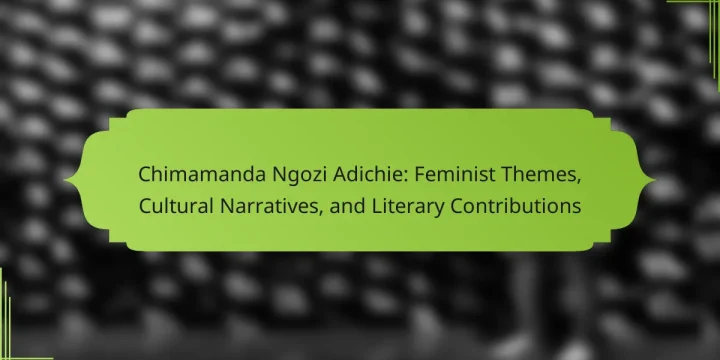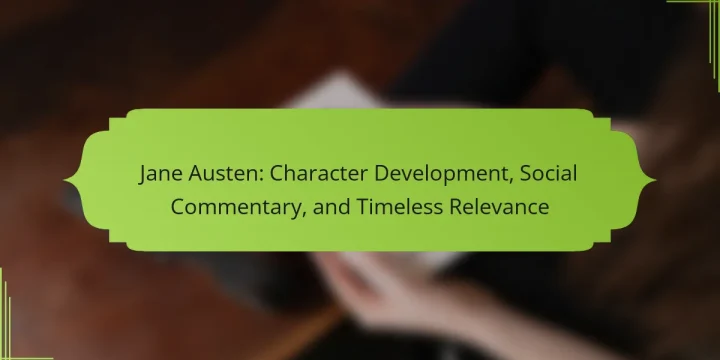
Chimamanda Ngozi Adichie is a pivotal figure in contemporary literature, known for her exploration of feminist themes and cultural narratives. Her works examine gender equality and the critique of patriarchal structures while showcasing the resilience of women in Nigerian society. Adichie's unique narrative style blends personal experiences with broader social commentary, highlighting the intersectionality of race, gender, and class. Through her influential essays and novels, she fosters essential discussions on identity and representation in global feminist discourse. What feminist themes are prevalent in Chimamanda Ngozi Adichie's works? Chimamanda Ngozi Adichie's works prominently feature feminist themes such as gender equality, female empowerment, and the critique of patriarchal structures. Her narratives often explore the intersection of culture and gender, highlighting the unique experiences of women in Nigerian society. Adichie's characters frequently challenge…








